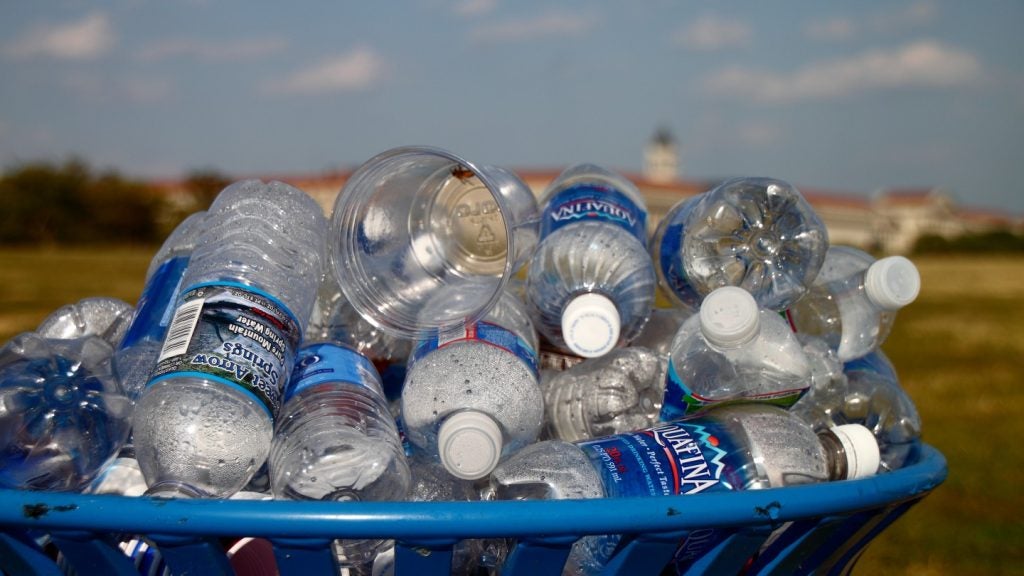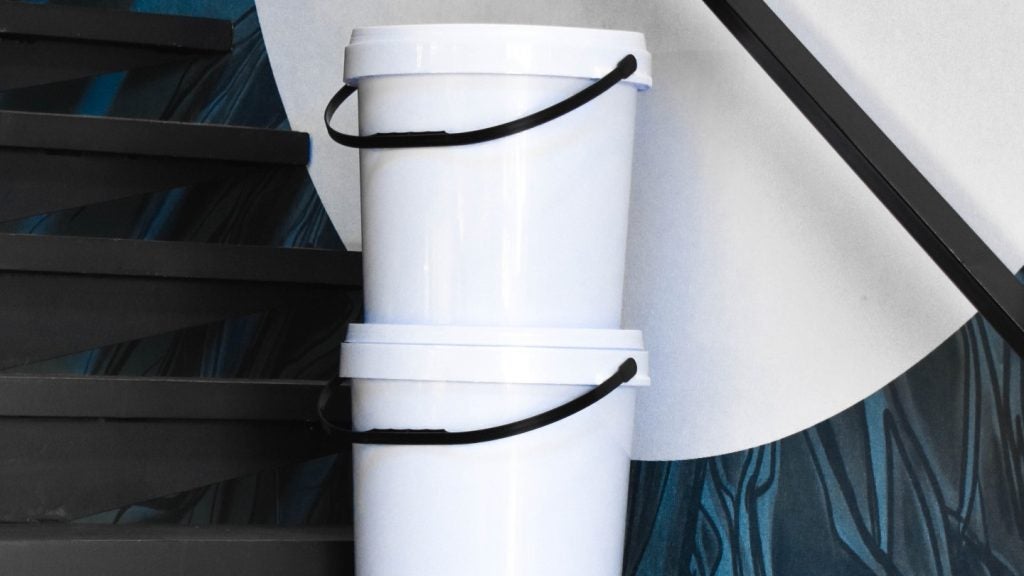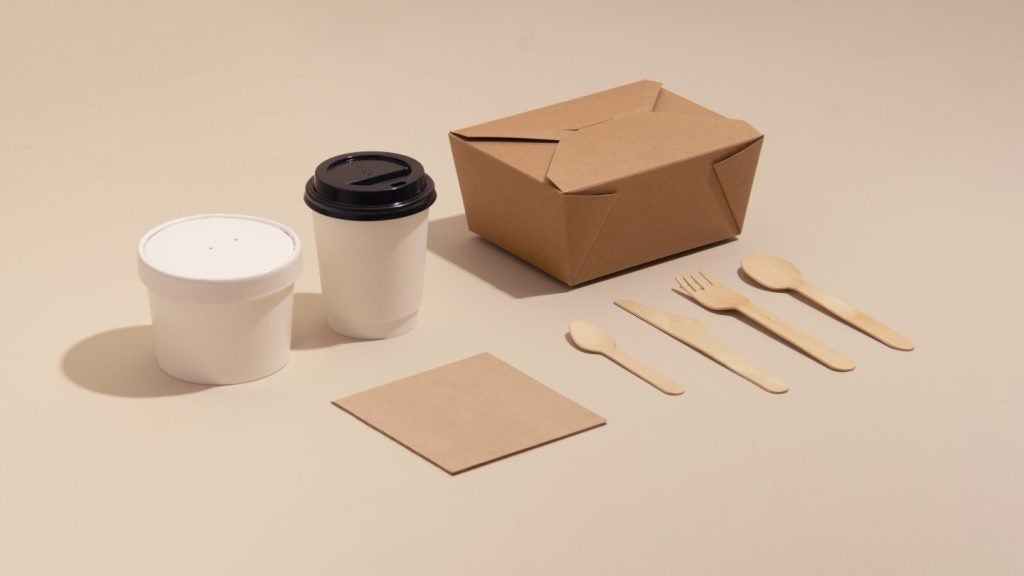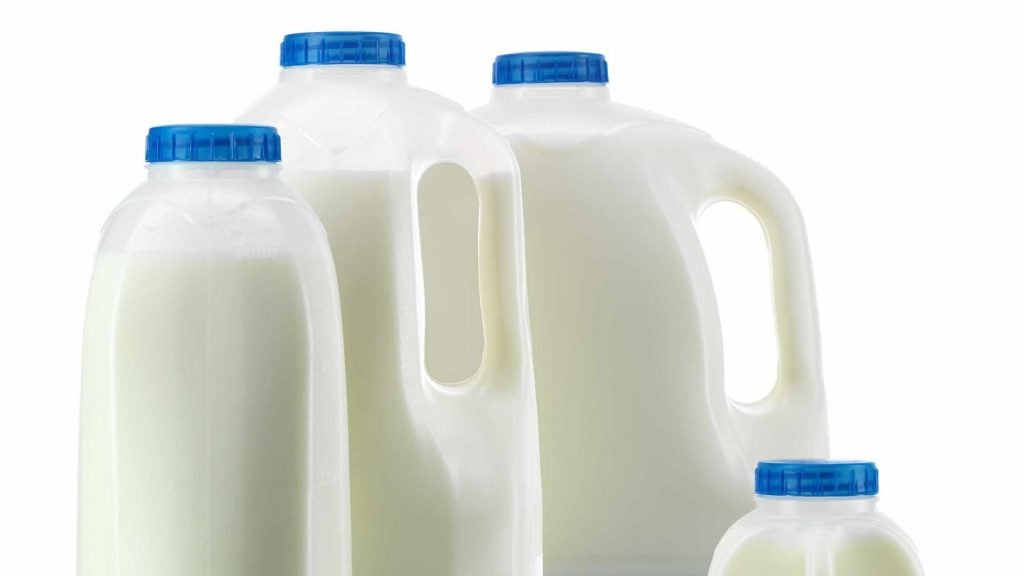Biotechnology company Carbios has been selected to receive approximately €54m ($57.8m) worth of grants to support the construction of its groundbreaking polyethylene terephthalate (PET) biorecycling plant in France.
The project was submitted in response to the national call for biorecycling projects via the ‘Plastics Recycling’ initiative, which operated by the French Environment and Energy Management Agency (ADEME).
Caribos has received approximately €30m from the French government under the ‘France 2030’ investment plan and approximately €12.5m from the Grand-Est region.
The implementation of this plan, according to the company, is subject to the European Commission's approval of the associated state-funded aid scheme that will then be followed by the conclusion of national aid agreements.
The business will utilise these funds to build the first industrial plant in Longlaville in the Grand-Est region. It is set to be the world’s first PET biorecycling plant.
Carbios’ plant will boost the country’s capabilities of being able to produce two basic components of PET, purified terephthalic acid and monoethylene glycol, both of which will be created in the process.
Construction of the plant is expected to commence by the end of this year, pending all of the necessary permits.
The plant is expected to be commissioned in 2025, followed by a period of accelerating to full capacity.
The facility will have the capacity to process 50,000 tonnes of PET waste annually, which is equal to two billion bottles or two and a half billion food trays.
Carbios CEO Emmanuel Ladent said: “The renewed support from ADEME and that of the Grand-Est region are crucial for this new industrial step which marks the start of our international deployment.
“Our first plant will be the global showcase for our PET biorecycling technology, and we are very proud that it is located in France.”
Furthermore, under the French government's France 2030 plan, Carbios has received another lump sum of €11.4m.
The €11.4m funding will help the company to accelerate its research and development efforts in the optimisation and enhancement of its enzymatic technologies.
More specifically, €8.2m of this €11.4m figure will directly go to Carbios (€5m as repayable advances) while the remaining €3.2m will be spared for use by its academic partners.














